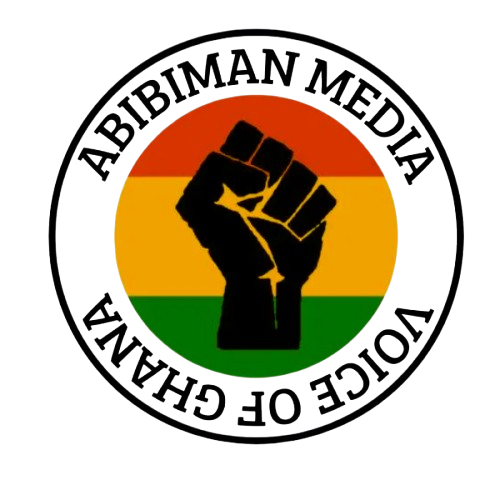Ghana's history is a rich tapestry woven from the stories of powerful kingdoms, diverse ethnic traditions, and a resilient spirit that has shaped the nation into a beacon of African identity. From the ancient empires of West Africa to the rise of the Ashanti and Mole-Dagbani kingdoms, Ghana's cultural and political landscape has long stood as a testament to the strength of its people. The country’s strategic position made it a central hub for trade, particularly in gold and other valuable resources, which drew early European interest and later colonization under the British. Despite the challenges of colonial rule, Ghana became the first sub-Saharan African nation to gain independence in 1957, under the visionary leadership of Dr. Kwame Nkrumah. Today, Ghana continues to honor its vibrant past while forging ahead as a democratic, culturally proud, and forward-thinking nation. The beauty of Ghana's history lies not just in its major milestones, but in the everyday customs, festivals, music, oral traditions, and community life that reflect a deep connection to ancestry. From the colorful Homowo and Aboakyir festivals in the south to the Hogbetsotso and Damba celebrations in the north, each ethnic group contributes to a national identity grounded in unity and diversity. Our platform seeks to tell these stories—not just of kings and warriors, but of farmers, artisans, educators, and women whose contributions have shaped the soul of the nation. As we explore the timelines of our past, we invite readers to engage with voices across the country, from the rainforests of the Western Region to the savannahs of the Upper East. Together, let us rediscover the wisdom of our elders, celebrate unsung heroes, and build a bridge between our traditions and the future generations of Ghana.

